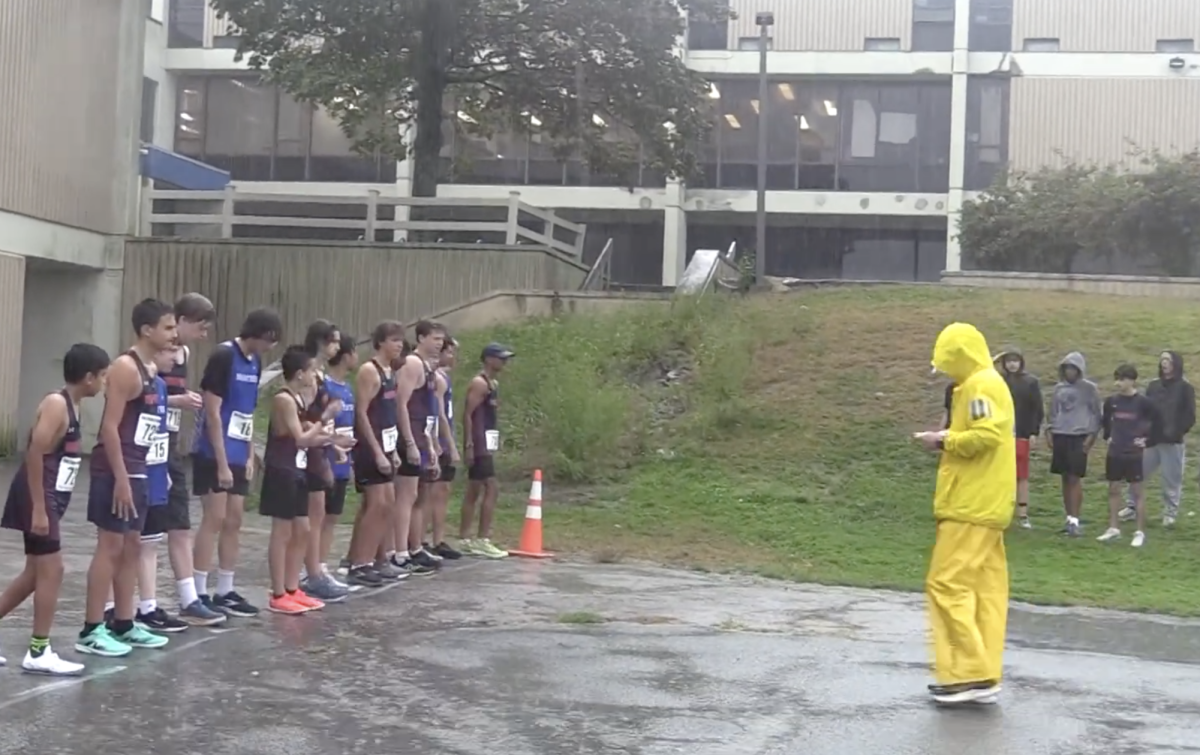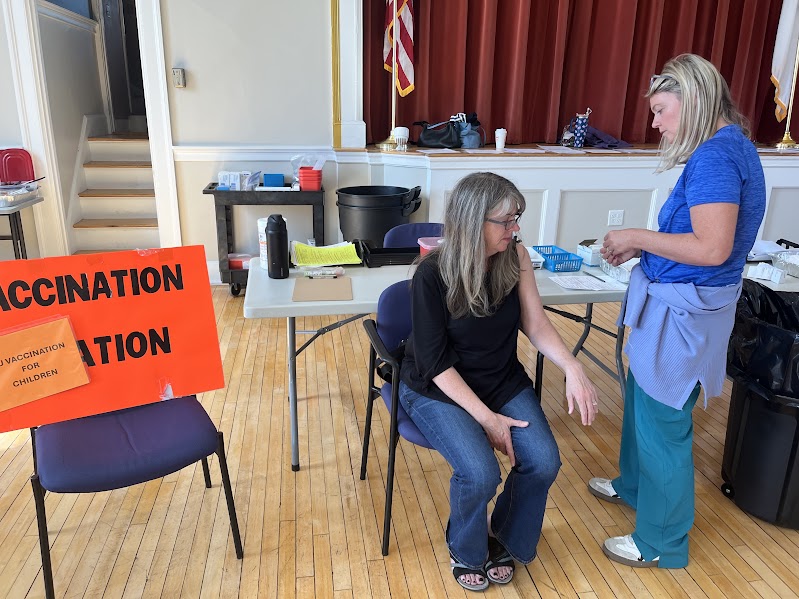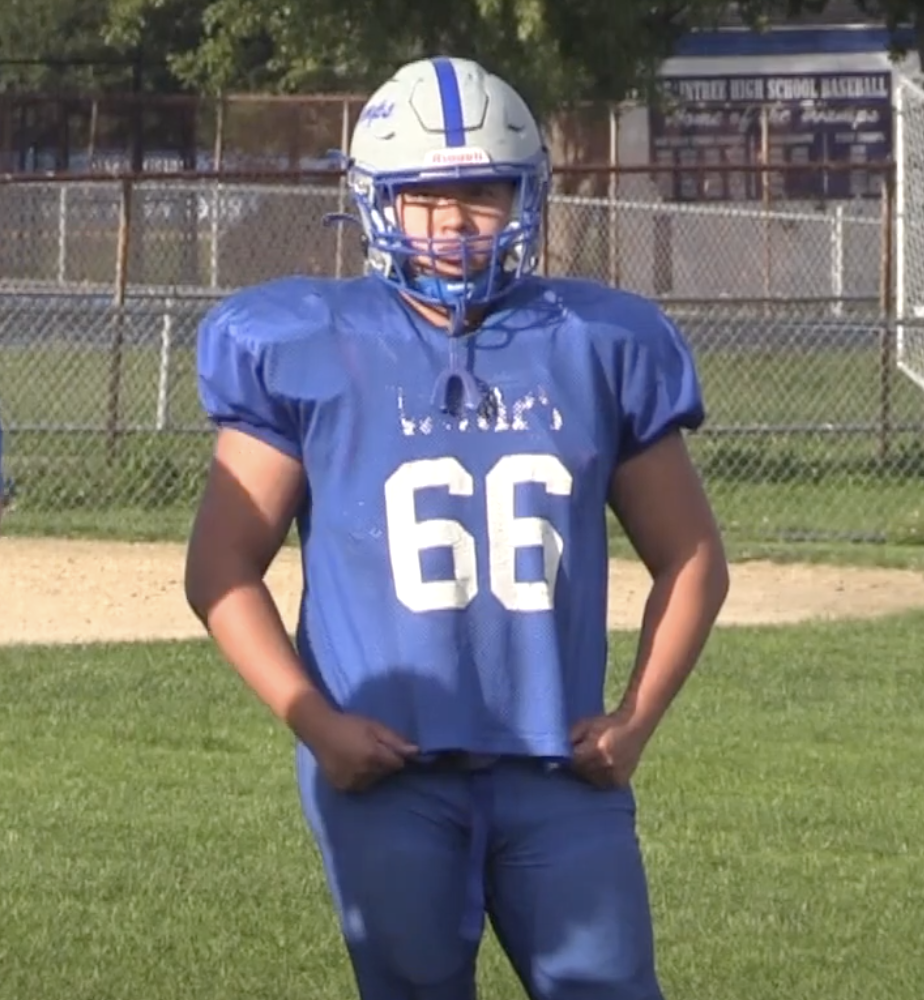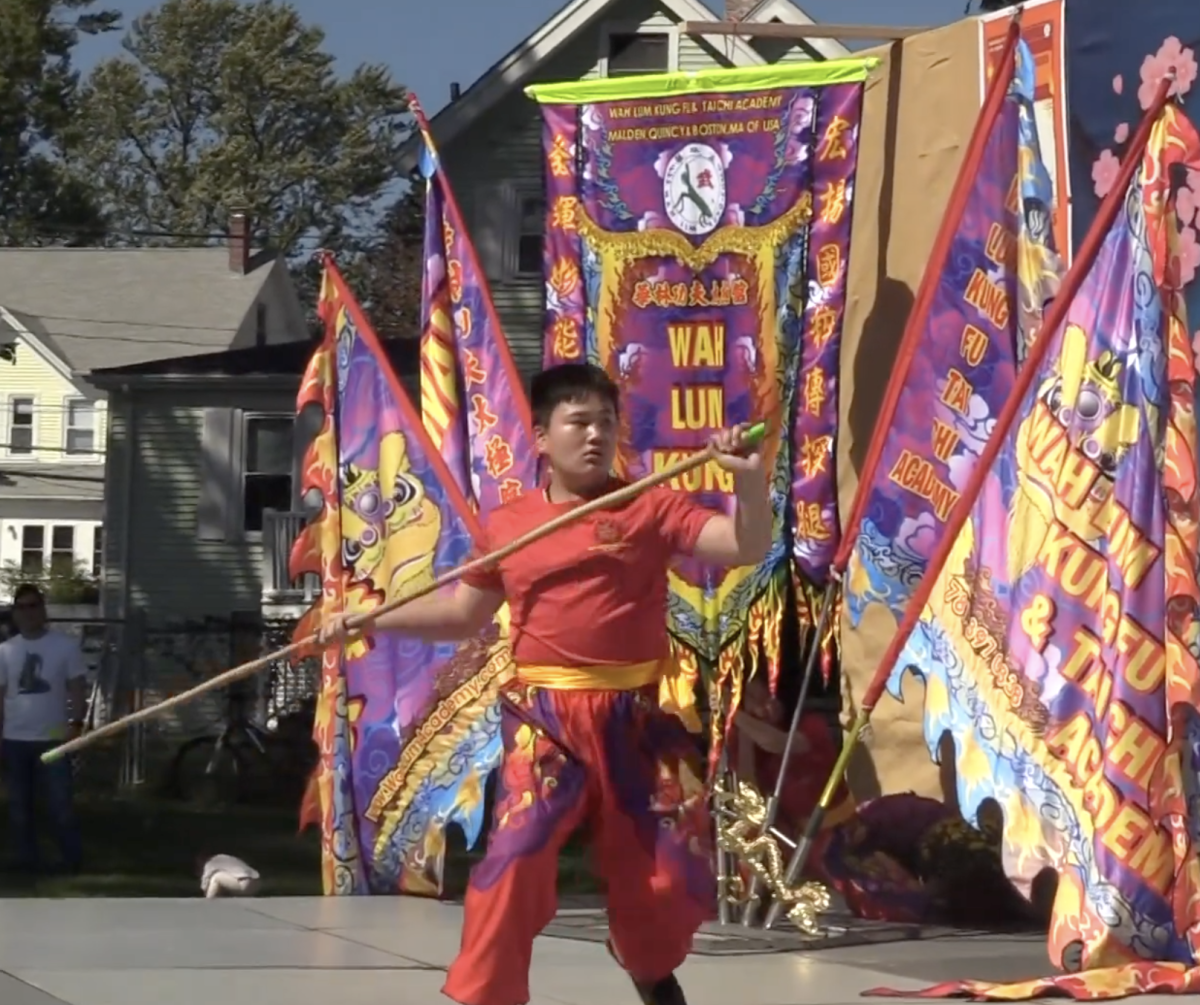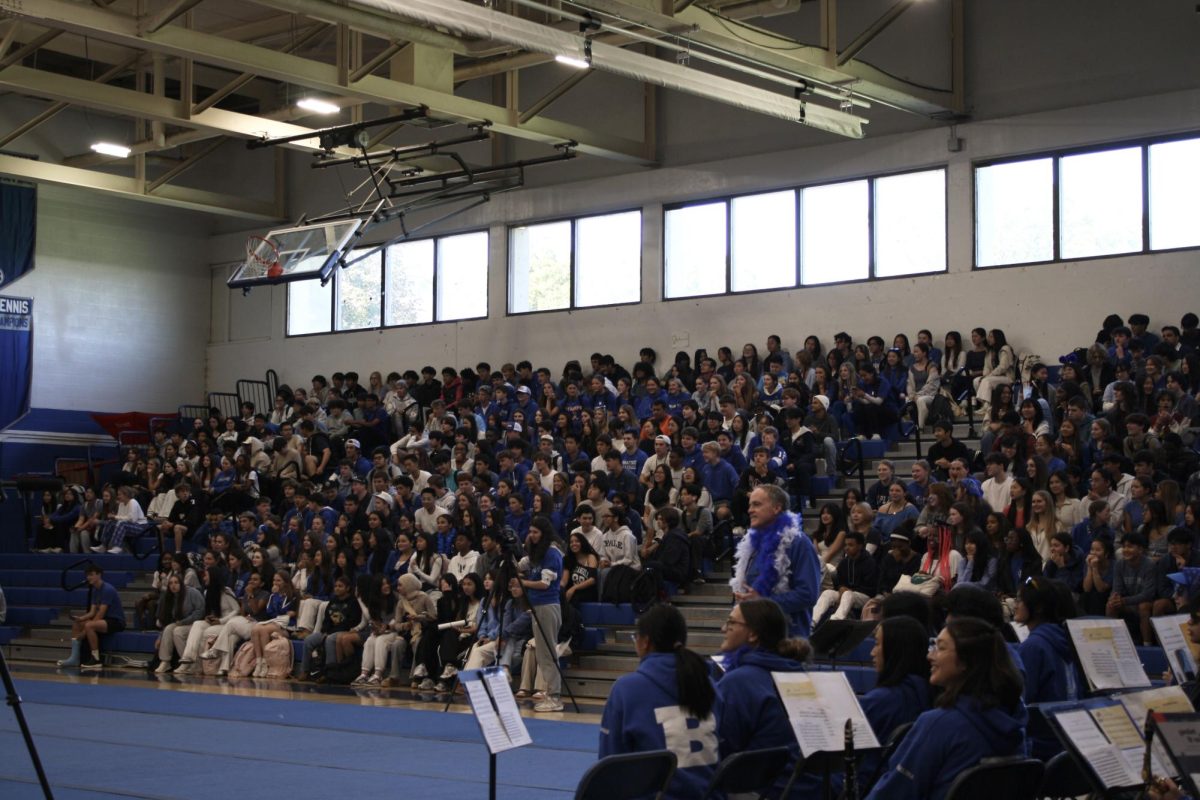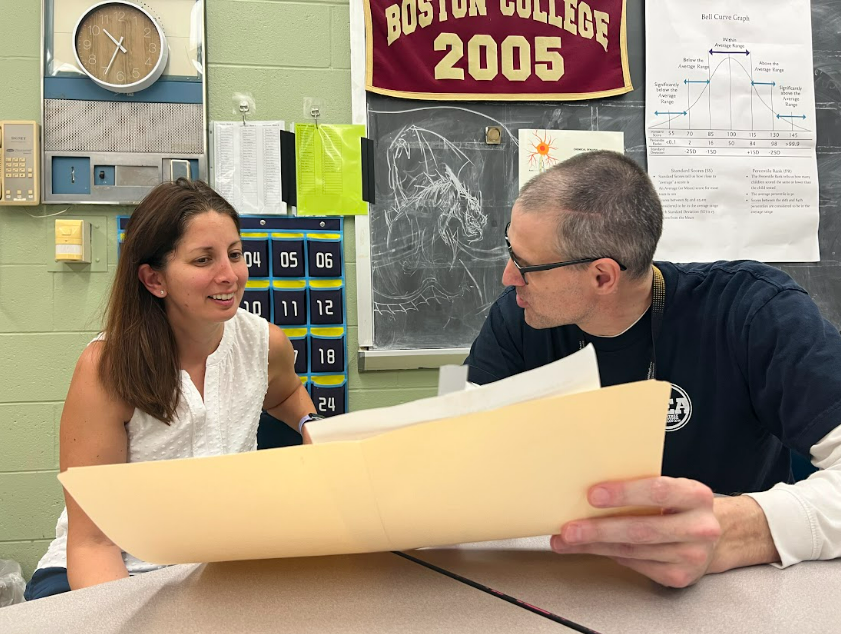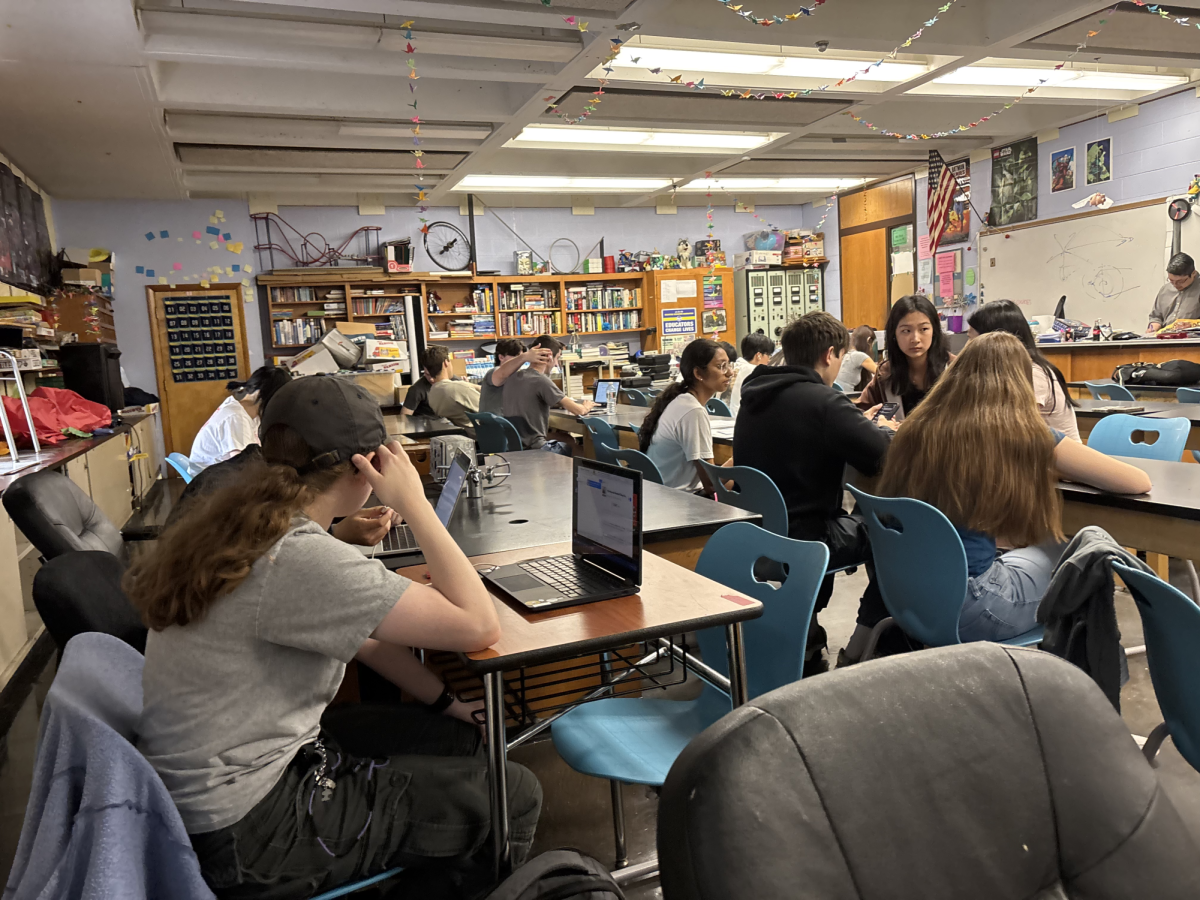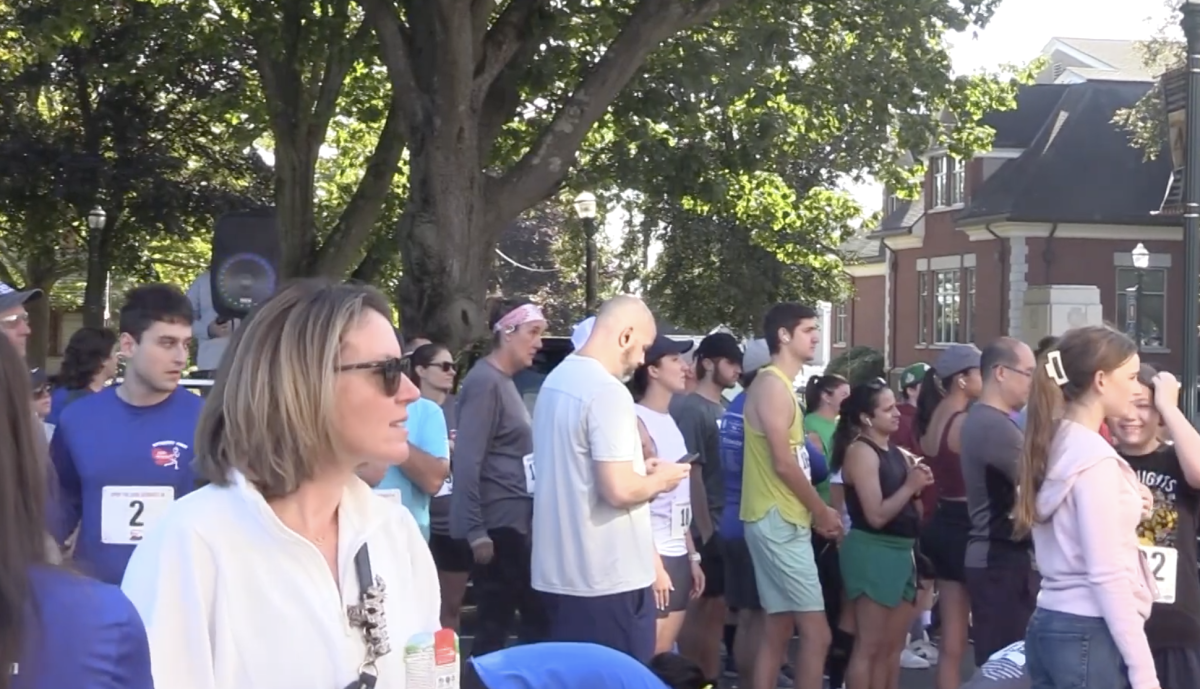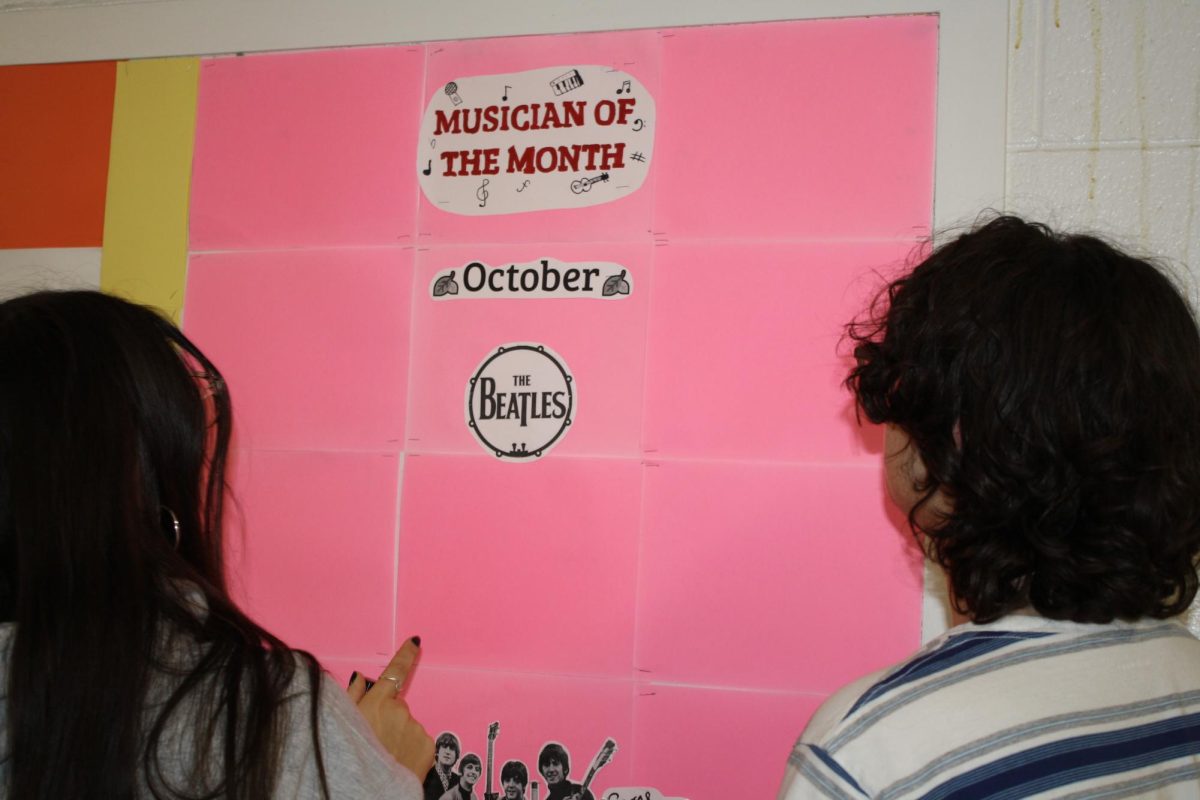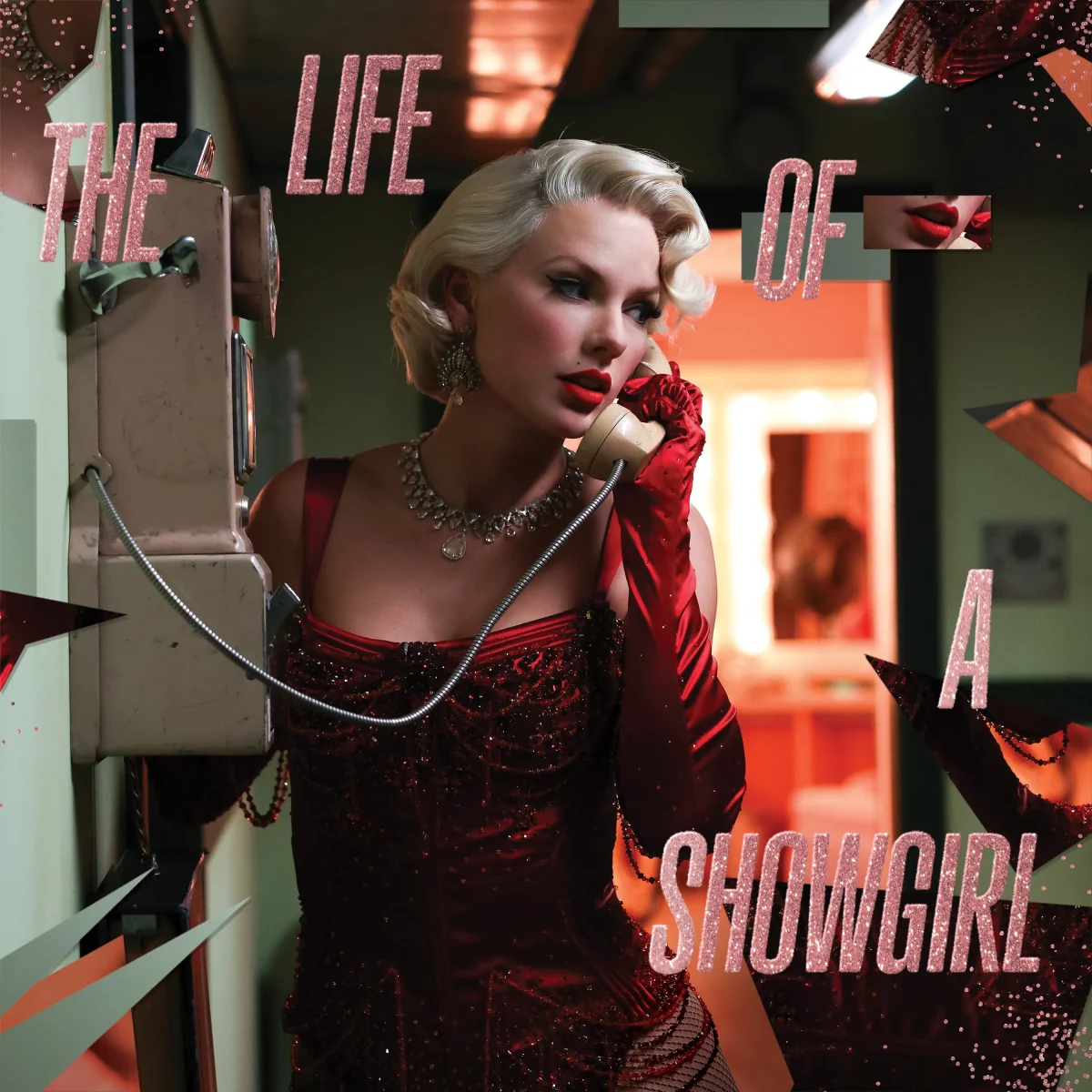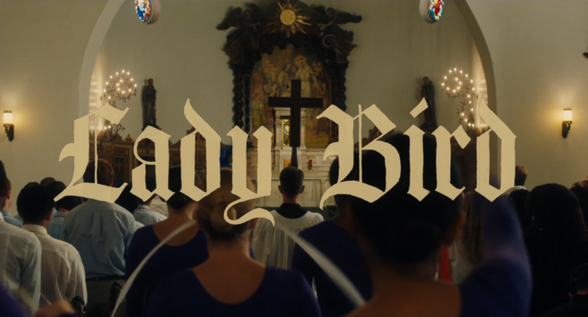“Anybody who talks about California hedonism has never spent a Christmas in Sacramento.” -Joan Didion
Fifteen words that open up Greta Gerwig’s 2017 directorial debut, Ladybird. Ladybird is the story of a seventeen year old girl in early two-thousands suburban California trying to challenge her girlhood and her complex relationship with her mother. Christine McPherson, (portrayed by Saoirse Ronan) a senior at an all girls Catholic school, has given herself the nickname of Ladybird (much to her mother’s distress) as a way of dissociating with her reality. Ladybird dreams of a bigger life, she feels no connection to Sacramento and cannot wait to graduate, attend college far away, and become a writer. The themes of youth and angst are heavily instilled into Ladybird. A constant struggle in Ladybird’s life is her constant battle with her mother. It may seem to an average watcher that Ladybird is just a teenager butting heads with her mother. But from a critical eye, Gerwig dives in depth and gives the audience a look into mirroring images of women and the complexities of being a teenage daughter.
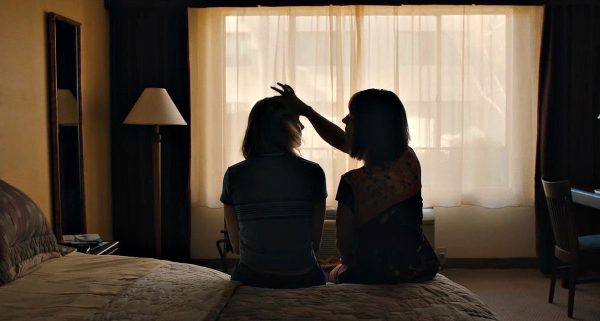
**SPOILERS AHEAD**
Following every other fight with her mom, Ladybird is met with the joys and adversities of being a teenager. She has her first kiss with a boy named Danny, who later becomes her first boyfriend. Ladybird then uncovers Danny’s secret: he’s gay. The two eventually make up through tears, and Ladybird comforts him through his coming out journey. She fights with her best friend Julie over simple miscommunications and spats. She befriends the popular girl, Jenna, who tells her that she never wants to leave Sacramento and she would like to have a family there one day. Ladybird can not wrap her head around it. All she has ever wanted to do was leave her hometown. With all of these complex plot points, at its core Ladybird is the story of a mother and daughter who can never get it right. A scene that made an impact on me was when Ladybird asks her mother:
“Do you like me?”
To which her mother responds,
“Of course I love you.”
“But, do you like me?”
Ladybird never feels accepted by her mom. She feels like she constantly has to fight for her approval. Her mother may love her, but she does not like spending time with her. To have a mother who loves you but does not enjoy you, is a difficult reality Ladybird is facing.
A key mediator in Ladybird and her mother’s relationship is her father. He never picks a side during their disagreements, he loves Ladybird in his own way. A typical trope in the media is that a father and daughter must bond over the mocking of the mother in the family, this is disproven in Ladybird. Bonnie Burstow,a feminist psycho therapist writes in her 1992 book about the complexities of violence against women, Radical Feminist Therapy:

“Often father and daughter look down on mother (woman) together. They exchange meaningful glances when she misses a point. They agree that she is not bright as they are, cannot reason as they do. This collusion does not save the daughter from the mother’s fate.”
Burstow is pointing out that a mother and her daughter are one in the same and most women throughout their lives will start to mirror their mother. This film is a love letter to the cliches of mother-daughter relationships. Gerwig explores fights over simple things, followed by immediate love and agreement with no solution to the fight, she dives into the financial struggles Ladybird’s parents are facing which Ladybird is completely naive to, and ultimately it tackles the fear of growing up and leaving the family you have always known.
Ladybird ends up applying to college in New York City and without telling her mother, she commits to the school without telling her mother. The two do not speak for the entire summer until Ladybird moves away with no closure. The first night in a new city, Ladybird attends a college party, drinks heavily and ends up in the hospital. She ends up in church that morning, walking around, watching the choir sing. This hint of Gerwig’s cinematic irony is very well played. Despite attending Catholic high school, it is evident Ladybird has felt no draw to religion and most likely feels a hatred towards considering it was something her mother deemed important. Ending up in a church, looking for an answer to an unknown question of some sorts, is one of the best last five minutes of film, in my opinion.
The film concludes with Ladybird leaving a voicemail for her mother, introducing herself as Christine. The name she has neglected for over a year now. She tells her mother that as a newly licensed driver, she felt emotional the first time she drove through Sacramento , and asks if her mother did too. She describes the town lovingly for the first time throughout the film. This is the first moment we see our protagonist accept her reality. She got the things she wanted, it’s just not what she imagined, and it is simply okay. The credits roll and the audience is left with no closure, just acceptance.

I urge anyone reading this to give Ladybird a watch. It may mean something different to you than it means to me but still, this piece of cinema is art. You may watch Ladybird and see a coming of age drama, to me it is a feminist take on the complexities of being a woman, and the even harder struggle; not quite yet being one. To be young is to be in pain, and Greta Gerwig does a fantastic job broadcasting that.
Ladybird is now streaming on Netflix.




